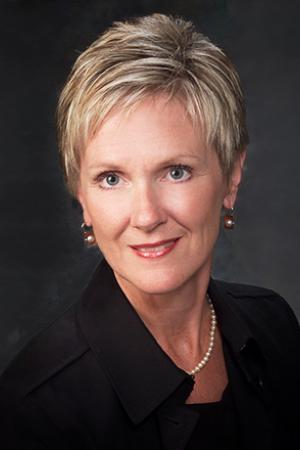
Estrogen is a powerful and pervasive hormone secreted mostly in our ovaries. Beginning in perimenopause, our estrogen levels fluctuate and decline until, several years post-menopause, we produce very little, if any, estrogen. This process is natural and sometimes disruptive.
We joke and often lament about changes to our skin, bones and hair, and to our ability to sleep well; we experience and often suffer from hot flashes and mood swings; we complain about weight gain and “brain fog.” Loss of estrogen during menopause is every bit as significant a transition for women as puberty.
Estrogen, as part of the neuroendocrine system, is intimately connected with brain activity, as well as with reproduction. Estrogen feeds the brain, in that it regulates glycogen levels (how the brain produces energy). With fluctuating, falling estrogen levels, neurons in the brain age faster and produce less energy. Furthermore, those hot flashes, mood swings, forgetfulness, and insomnia are all neurological symptoms that originate in the brain as it adjusts to decreasing estrogen. All those annoying symptoms of menopause really are in your head.
While research on the interaction of hormones and the brain is ongoing, targeted lifestyle adjustments can still make a big difference. Keeping your brain healthy as you age with these lifestyle choices seems like a no-brainer.
- Eat well. Specifically the Mediterranean diet, rich in B vitamins and Omega 3s. Eat fish, fresh fruits and vegetables, and complex carbohydrates. Cut back on coffee and alcohol, and drink lots of water.
- Exercise. Not necessarily high-intensity burn-out rounds, but consistent, regular, low-to-moderate intensity exercise three to five days per week. Both aerobic (fast walking) and resistance training (free weights) to maintain muscle. Older women (over 70) can do 15 minutes per day.
- Reduce stress. In addition to being generally bad for you, stress produces the hormone cortisol, and cortisol reduces estrogen. They work in tandem. So avoiding stress is really important, not only to mental well-being, but also to brain health.
- Sleep. Sleep is restorative for our brain. A lot has been written about sleep hygiene, but you’ll have to ferret out what works for you. For many of us, this is another of those menopausal knuckle sandwiches that strike at a demanding time of life. Talk to your doctor; do some research; get to know your new tolerances and tendencies.
We can’t change our biological destiny or the genes we inherited, but we can attempt to understand what’s happening with our bodies, and we can work to keep it in the best shape possible as we head into a challenging transition and an ultimately satisfying time of life.
Dr. Barb DePree has been a gynecologist and women’s health provider for almost 30 years. A certified menopause practitioner and clinical cancer genetics practitioner, she leads Holland Hospital Women’s Specialty Care. Women’s Specialty Care provides personalized, comprehensive care to women at every age and stage of life. For an appointment, call (616) 748-5785.
